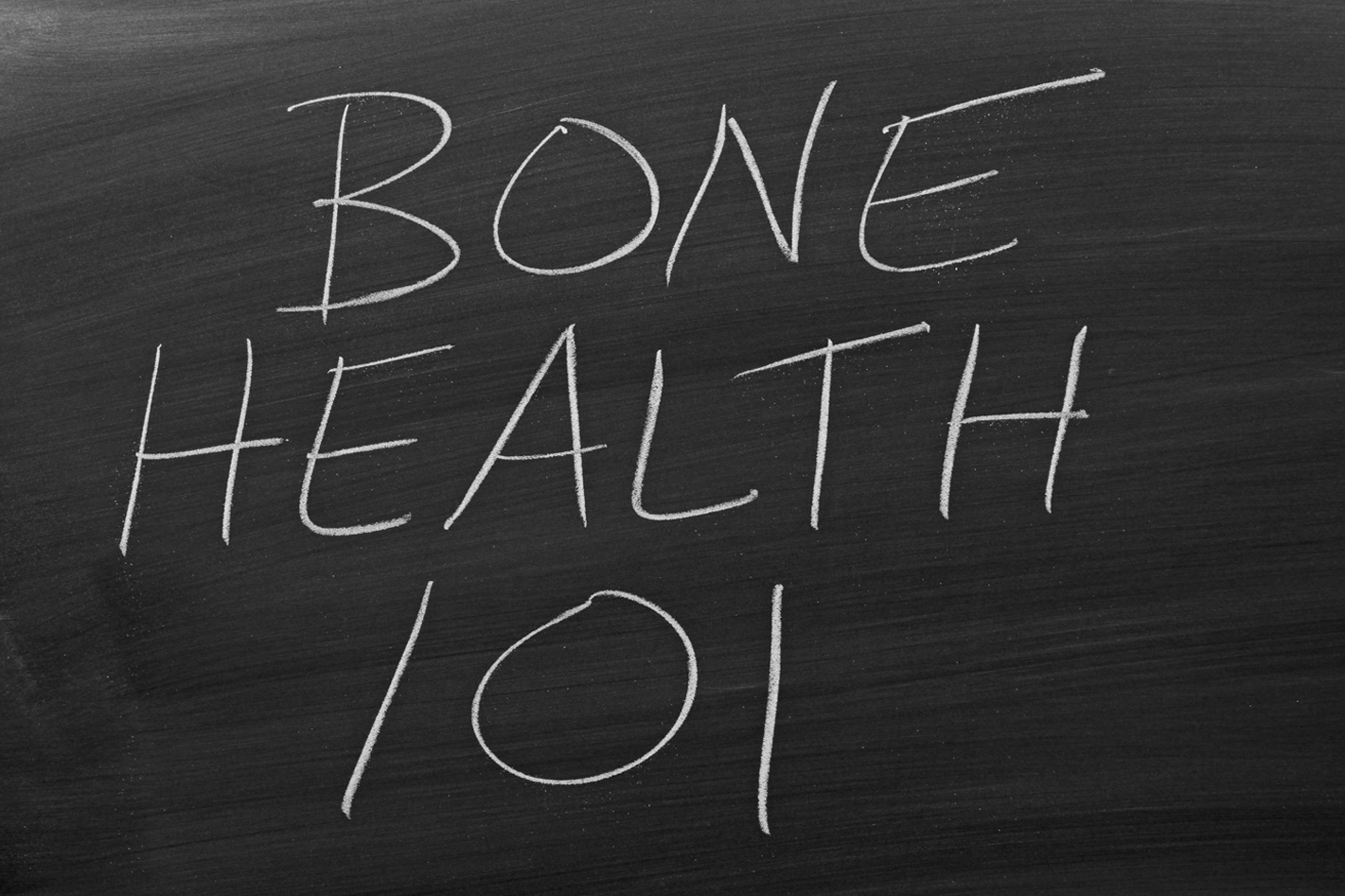HRT, Lifestyle, and Aging Gracefully: A Synergistic Approach for Enhanced Well-Being
Aging gracefully isn’t merely a matter of good genes or sheer luck. It’s an art and science that intertwines various elements of health and wellness.
Aging gracefully isn’t merely a matter of good genes or sheer luck. It’s an art and science that intertwines various elements of health and wellness.
Whether you’re run down and need a boost, suffering from chronic fatigue or autoimmune disease, or just feeling dehydrated, IV therapy is a powerful, proven
Patients who are new to our clinic are often surprised to see that we sell vitamins (we refer to them as supplements) in all our

Bone Health 101 I have quite a few patients that are concerned about their bone health, and the first question they normally ask is “how

As patients, we all strive to do what is best for our bodies. We eat well, exercise, and take any necessary medications when needed. However,